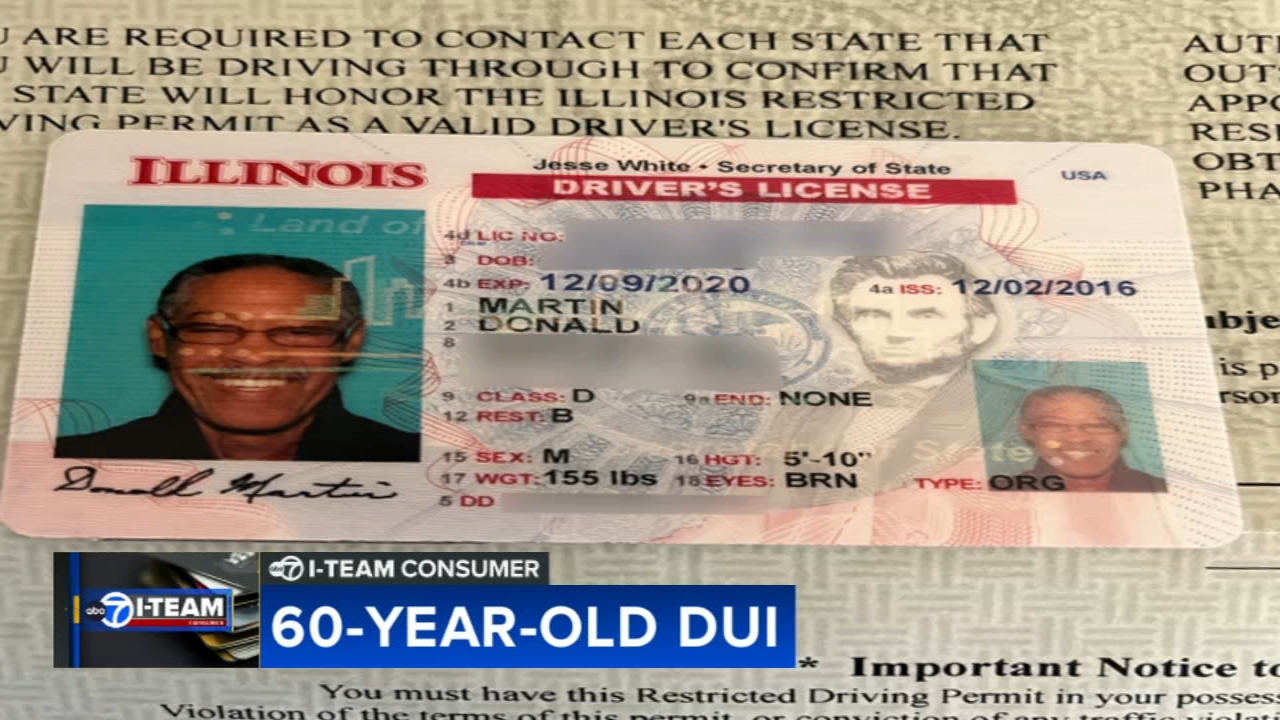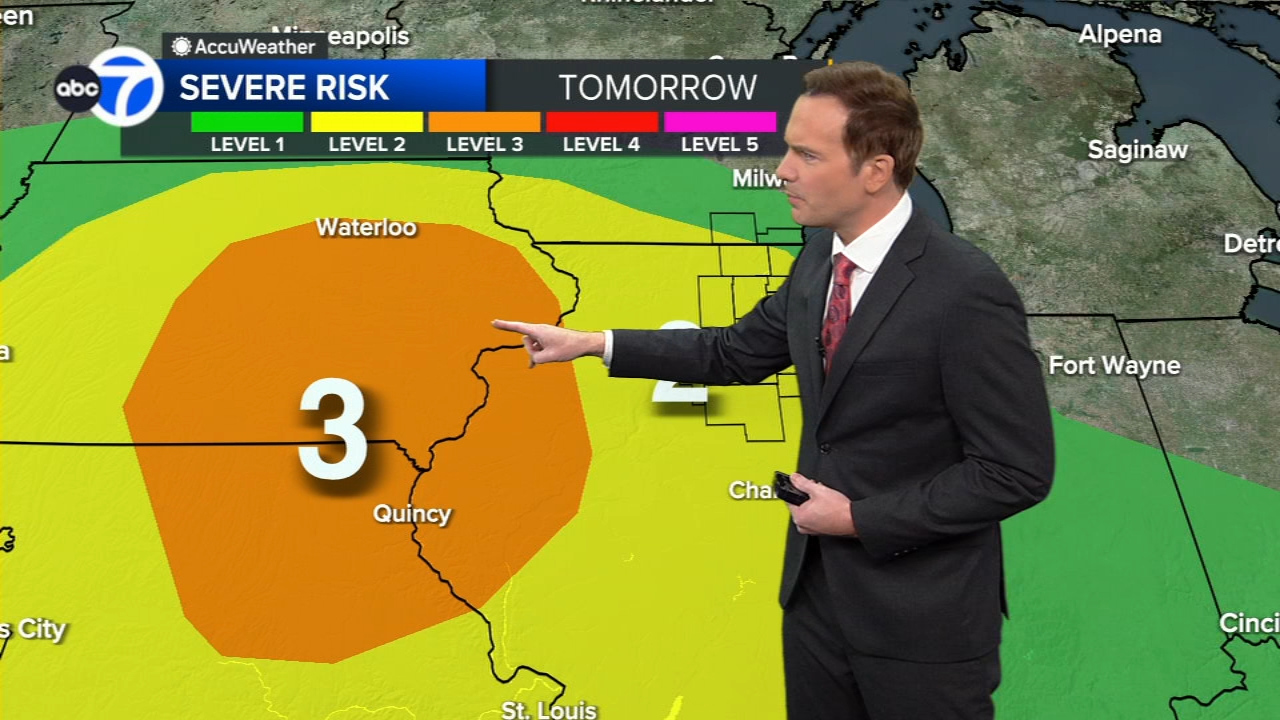Illinois' new front-line weapon against opioids: a telephone
An ABC7 I-Team Investigation
CHICAGO (WLS) -- There is a new, statewide hotline in Illinois for people caught in the deadly clutch of opioids: 1-833-2FINDHELP.
When University of Illinois engineering graduate Luke Tomsha bottomed out a few years ago, the hotline wasn't even on the horizon.
"For over 14 years I would make three-hour round trips to inner-city Chicago in the middle of the night so I could avoid withdrawals and make it through the following workday," recalled Tomsha, who is now clean.
As with many opioid addicts, Tomsha's problems started innocently and legally.
"I was in IT but I didn't enjoy it. So after work I would get wasted with friends. Getting drunk led to harder things. It led to opiates and from there it became a vicious cycle," he said.
On Tuesday Tomsha told his story while surrounded by top state officials who are trying to reverse a deadly trend.
Since 2013, state health officials say heroin overdoses in Illinois have more than doubled and general opioid overdoses have more than quadrupled.
"Last year alone nearly 2000 individuals died of heroin or opioid overdoses," said Dr. Nirav D. Shah, director of the Illinois Department of Public Health.
"For context that is more than one-and-a-half times the number of homicides and almost twice the number of fatal motor vehicle accidents across entire state," Shah said.
It took a friend's overdose death to jolt Tomsha into reality, he said. Now he has an 8-year-old son and oversees a newly-formed addiction help group called Perfectly Flawed.
The state's opioid hotline is funded by a new, $1.5 million federal grant. It is being staffed 24 hours a day, seven days a week under a contract with Boston-based Health Resources in Action that runs a similar hotline in Massachusetts.
"The call takers are trained in an evidentiary-based practice called motivational interviewing," explained Maria Bruni, acting director of the state's Division of Alcohol and Substance Abuse.
"They begin where the caller is starting from. There's no a script. They will treat every caller as a unique person with a unique set of strengths and weaknesses and problems and they will respond to everyone individually" Bruni said. "It is not a scripted format that the call-takers follow."
The hotline began operating last weekend and is now accepting calls from people in need.
The number, intended to be easily remembered: 1-833-2FINDHELP, does include too many digits but is working.
Callers initially hear a recorded message, then are placed on a brief hold during which music is played. When the I-Team called Tuesday they were put on hold for 25 seconds before a live human voice came on the line.
The biggest concern may be what happens to callers in need after they are connected.
"There are issues with access to care," said Bruni at Tuesday's hotline unveiling by Gov. Bruce Rauner (R-Illinois).
But she contends that not everyone with a drug problem needs full-blown inpatient drug treatment and that Illinois is well positioned to refer troubled callers to whatever help they need.








